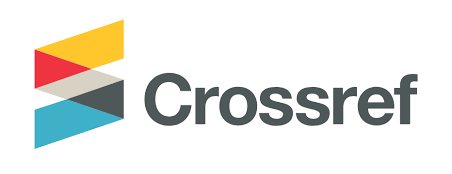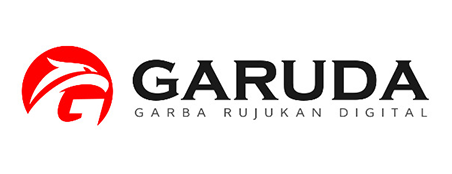MAIN MENU
SUBMISSIONS
PUBLICATIONS
INFORMATIONS
ISSN BARCODE
 |
ABSTRACTING & INDEXING:
 |
 |
 |
STATISTIC OF IJSSH:
The IJSSH has policy of screening for plagiarism for editorial originality. It is Turnitin and ETS. Turnitin helps our editors compare the text of submitted papers for similarity. This is for editors who want an extra check. It helps our members to actively engage in efforts to prevent scholarly and professional plagiarism by providing their editorial teams with access to Turnitin powerful text comparison tool, iThenticate.
The passed similarity report from Turnitin is accepted paper under 20% for peer-reviewed process. There are three points the similarity report, in this case, the search options included student paper repository, current and archived internet, periodicals, journals, & publications.
Plagiarism
Plagiarism, where someone assumes another's ideas, words, or other forms of creative expression as one's own, is a clear violation of scientific ethics. Plagiarism may also involve a violation of copyright law, punishable by legal action.
Plagiarism may constitute the following:
Please note that all submissions are thoroughly checked for plagiarism. Any paper which shows obvious signs of plagiarism will be automatically rejected.
If an attempt at plagiarism is found in a paper after having been published in IJSSH, the author will be required to publish a written apology to the authors of the original paper, and further collaboration with the author of plagiarized papers will be terminated.
MAIN MENU
SUBMISSIONS
PUBLICATIONS
INFORMATIONS
ISSN BARCODE
 |
ABSTRACTING & INDEXING:
 |
 |
 |
STATISTIC OF IJSSH:
INSTITUTION OF RESEARCH AND COMMUNITY SERVICE
45 MATARAM SCHOOL OF MANAGEMENT
Jl. Tawak-Tawak Karang Sukun, Mataram
e-mail: ejournal.ijssh@gmail.com or ijssh@45mataram.or.id

This work is licensed under a Creative Commons Attribution-NonCommercial-NoDerivatives 4.0 International License.
